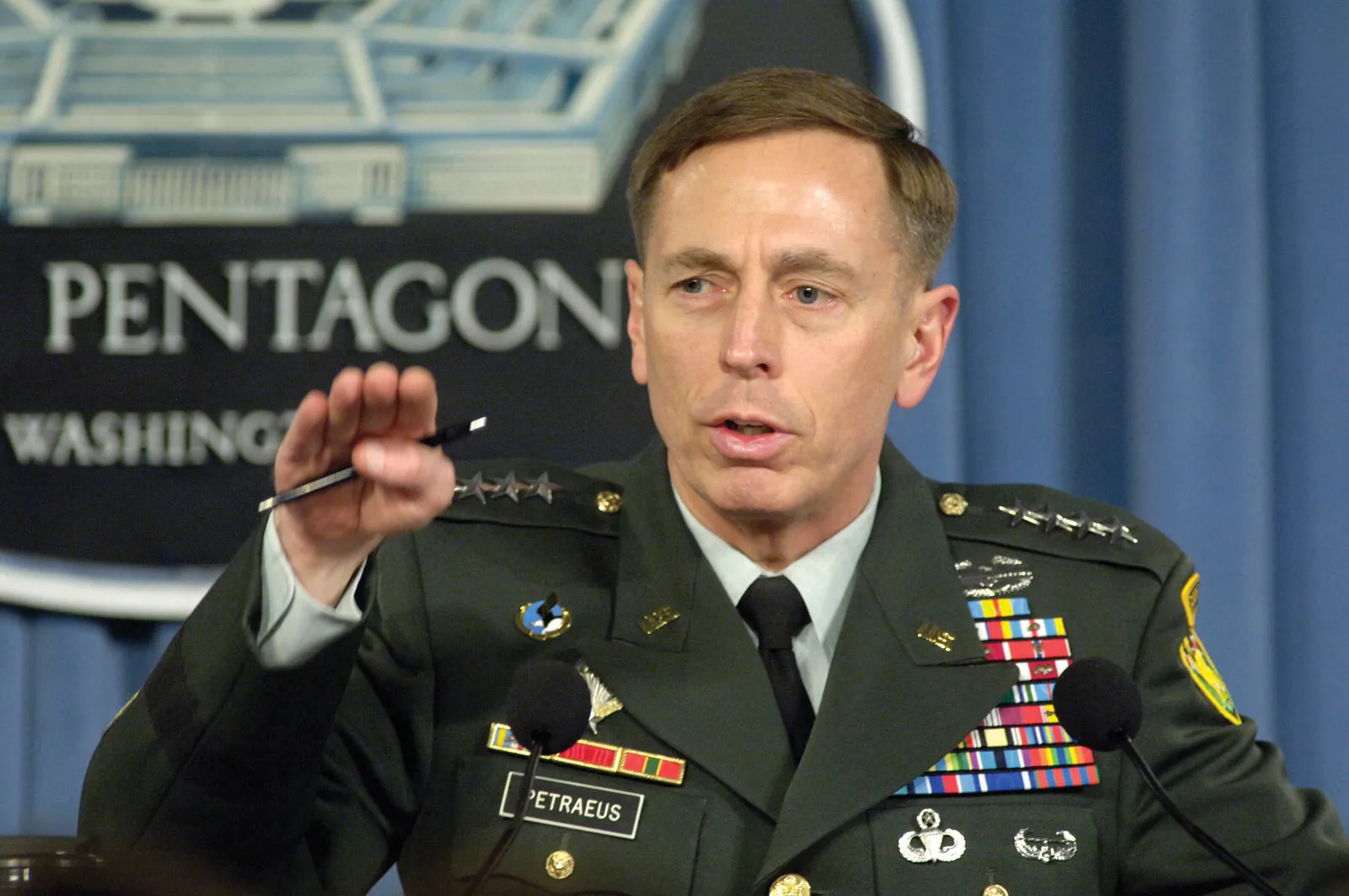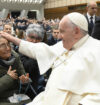Petraeus: Terrorism Risks Rise Globally, Canada on High Alert
In the wake of a devastating terrorist attack at a concert hall in Moscow, retired U.S. General David Petraeus has issued a stark warning, stating that the risk of a similar incident in Canada is now “elevated.” The attack in Moscow, which claimed the lives of 139 innocent people and left nearly 200 others injured, has sent shockwaves across the globe.
Speaking to The West Block host Mercedes Stephenson, Petraeus expressed deep concern over the current state of extremism and global instability. He emphasized that the world is facing more threats, and more complex threats, than at any time since the end of the Cold War or even World War Two.
” The attack in Moscow, which claimed the lives of 139 innocent people and left nearly 200 others injured, has sent shockwaves across the globe.
The attack in Moscow, carried out by an ISIS splinter group known as ISIS-K, marks one of the deadliest terrorist acts on Russian soil in two decades. The assailants stormed the Crocus City Hall concert venue during a performance by Russian rock band Picnic, unleashing chaos and carnage upon the unsuspecting crowd.
Petraeus highlighted the dangerous precedent set by such attacks, noting that they often inspire copycats and motivate other extremists to carry out similar acts of violence. He stressed that the threat of terrorism is not confined to any one region but poses a significant risk worldwide.
Canada’s Integrated Terrorism Assessment Centre (ITAC) had previously warned of the potential for extremist attacks motivated by global conflicts, such as the Israel-Hamas conflict, to occur within Canadian borders. According to ITAC, such attacks could be carried out by radicalized individuals using readily available weapons, posing a serious threat to public safety.
Despite efforts to counter terrorism and share intelligence among nations, Petraeus admitted that the U.S. and its allies missed the signs leading up to the Moscow attack. He emphasized the need for greater collaboration and vigilance in the face of evolving threats, including tensions within China, Iran’s nuclear program, and Russia’s increasingly aggressive posture on the world stage.
In conclusion, Petraeus underscored the importance of collective action in addressing the myriad challenges posed by terrorism, cyber threats, and geopolitical tensions. He called upon individual nations to shoulder their share of the responsibility and work together to safeguard global peace and security.
As Canada and the rest of the world grapple with the aftermath of the Moscow attack, Petraeus’s warning serves as a sobering reminder of the ever-present threat of terrorism and the urgent need for continued vigilance and cooperation in countering it.



